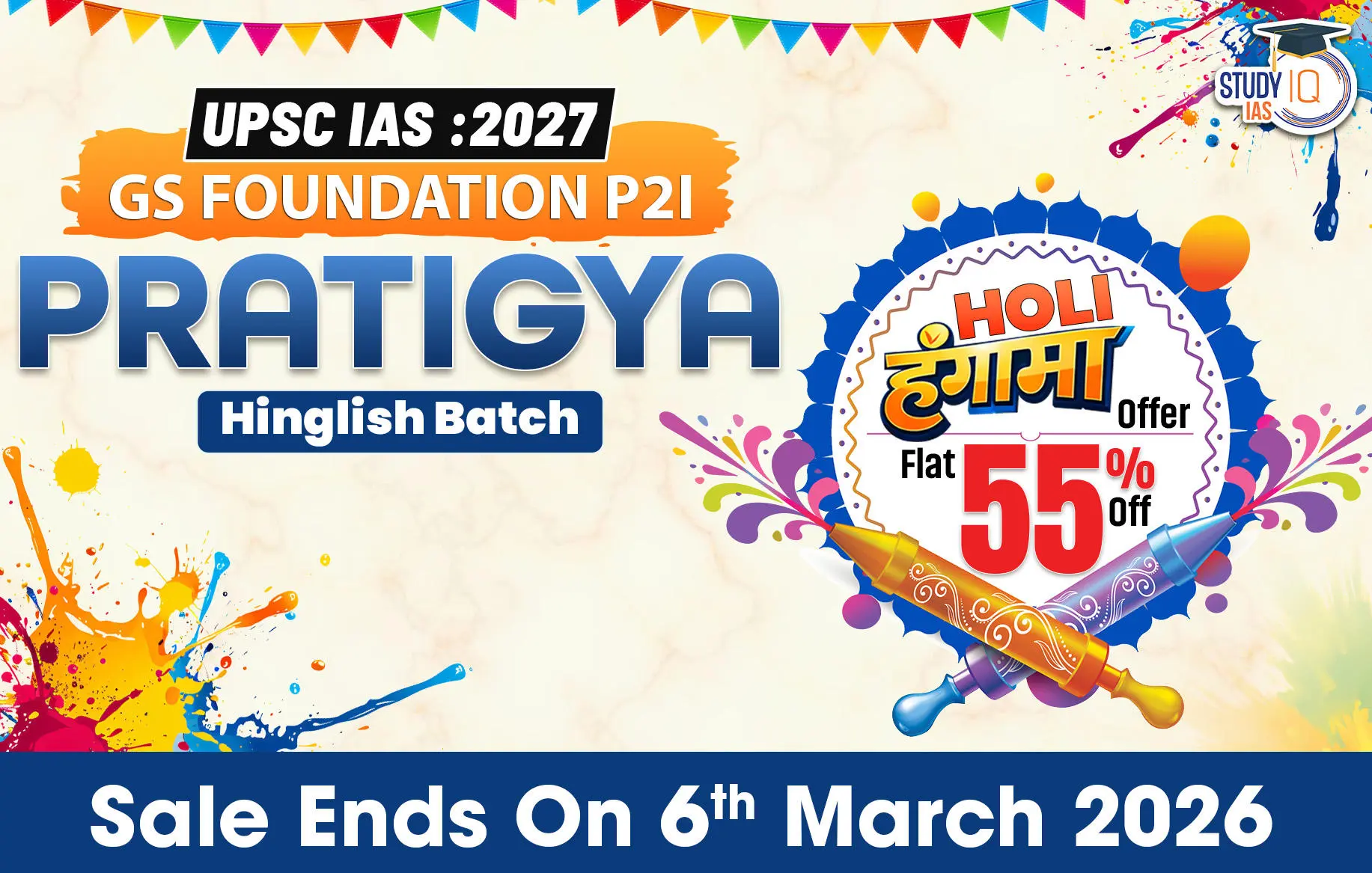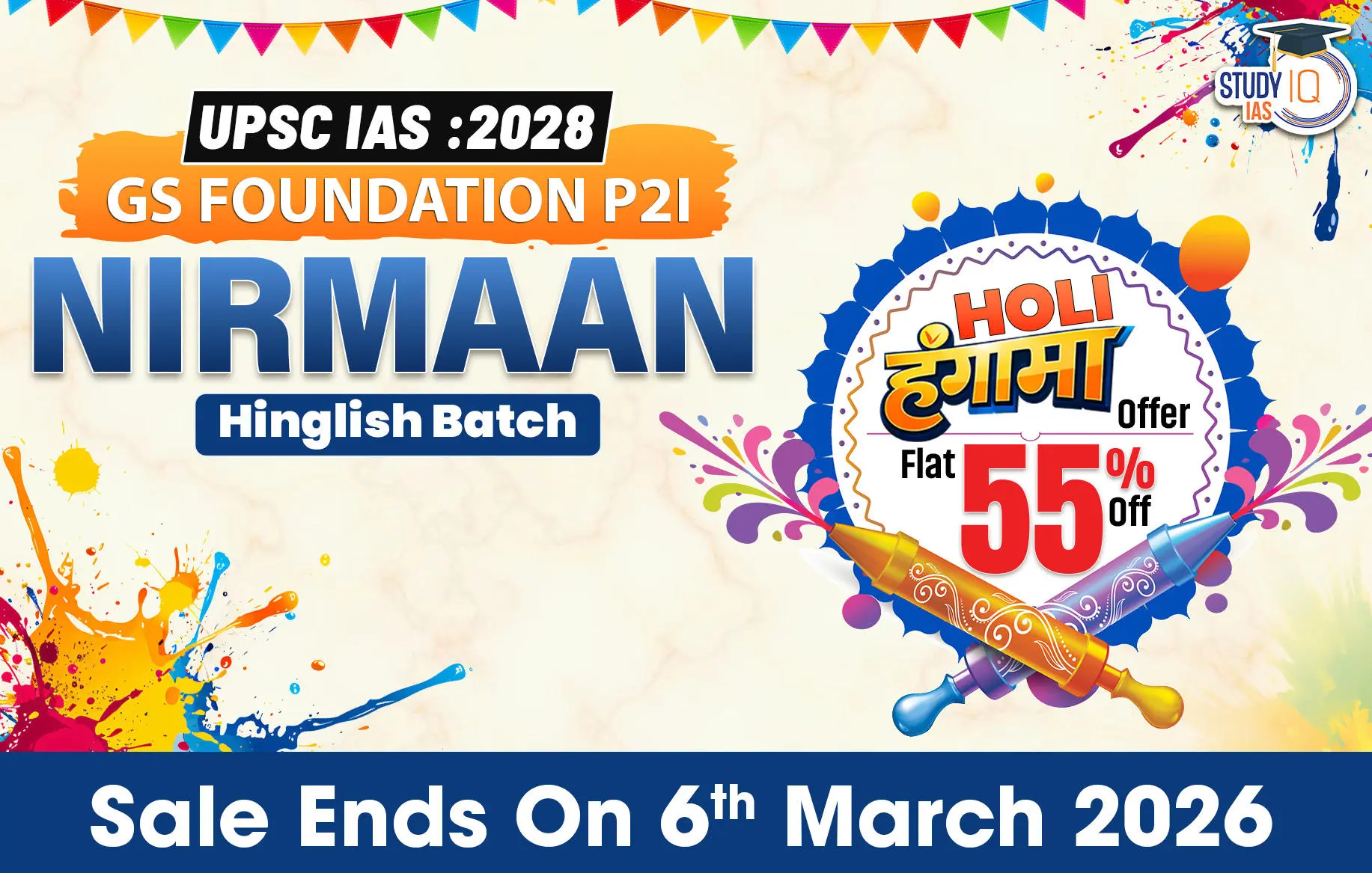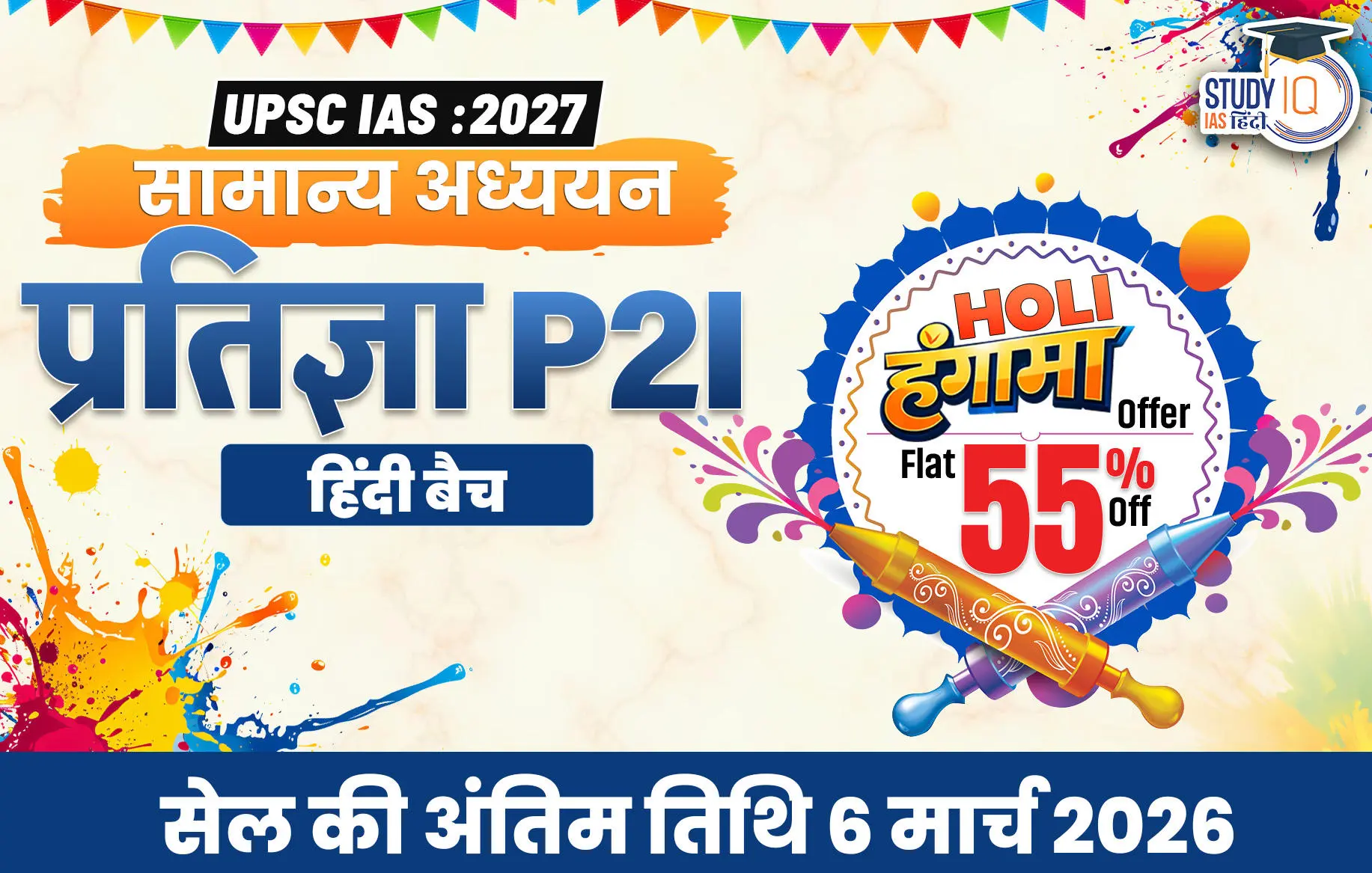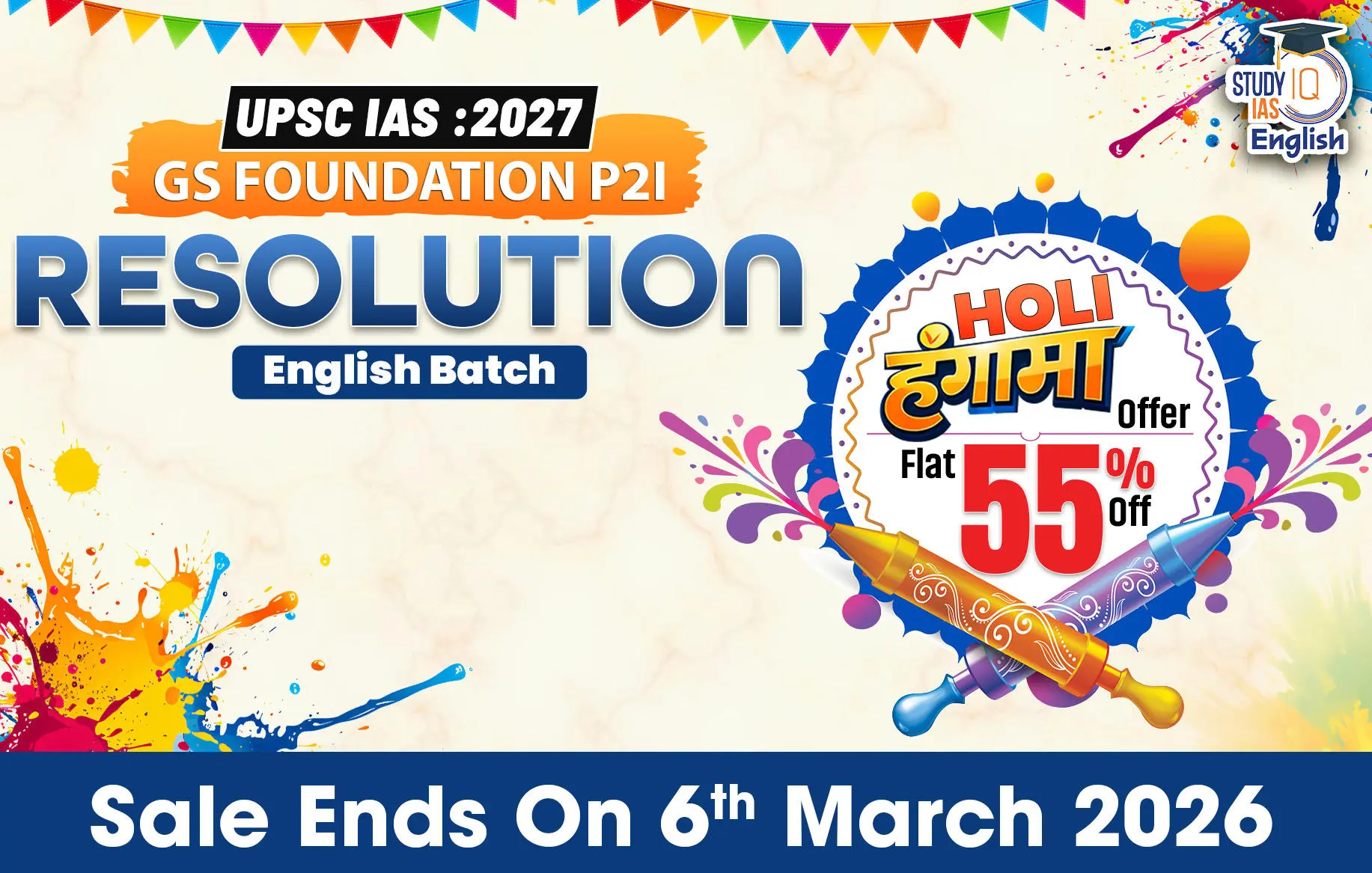Q19. What are the major challenges to internal security and peace processes in the North-Eastern States? Map the various peace accords and agreements initiated by the government in the past decade.
| Approach |
| Introduce with the internal security issues faced by the North east India. In the first part discuss the major challenges to the internal security i.e. organised crime, insurgencies etc and address various challenges to the peace process. In the second part write the peace accords and agreements initiated by the government in the past decade. Conclude with the way forward |
The North-East remains vulnerable to the nexus of insurgency, organized crime, and cross-border linkages, complicating security and governance. Yet, the past decade has seen a paradigm shift from confrontation to negotiation, with multiple peace accords addressing long-standing grievances.
Major Challenges to Internal security in Nort east:
- Militant–Criminal Nexus:Insurgent groups sustain themselves through extortion, kidnappings, gun-running, and circulation of Fake Indian Currency Notes (FICN).
- E.g., ULFA, NSCN(IM), and NDFB funding their operations via such activities.
- Drug Routes and Arms Trade:The region’s proximity to the Golden Triangle makes it a hotspot for smuggling methamphetamines and heroin.
- E.g., Moreh–Tamu (India–Myanmar) border town is a hub for narcotics and arms inflow, often shielded by insurgent groups.
- Illegal Cross-border Trade: Insurgents leverage porous borders and ethnic linkages across Myanmar, Bangladesh, and Bhutan.
- E.g., Chittagong Hill Tracts in Bangladesh used for arms supply into Northeast India.
- Terror Financing: Proceeds from drug trafficking, illegal arms, and counterfeit currency are channelled to insurgent outfits, enabling their sustenance.
- E.g., drug trade in Manipur and Nagaland funds insurgent activity and cross-border militancy.
- Threats to Democracy & Governance: Smuggled weapons and unaccounted cash influence electoral outcomes, undermining state institutions and fuelling ethnic politics.
- Fueling Insurgency & Identity Conflicts: Cross-border arms empower local insurgent groups and ethnic militias, escalating violence and creating cycles of insurgency.
- Strain on Law Enforcement: Difficult terrain, porous borders, and inadequate infrastructure hamper effective policing, surveillance, and counter-insurgency operations.
Challenges to the peace process in the North east:
- Multiplicity of Insurgent Groups: Several groups with overlapping demands (e.g., ULFA, NSCN (IM), NSCN (K), NLFT, KYKL, PLA, ZUF).
- E.g.After Bodo Accord (2020), some NDFB splinters refused to join, leading to sporadic violence
- Ethnic and Identity-Based Demands: Competing claims between communities fuel tensions.
- E.g. Naga peace process overlaps with Kuki and Meitei demands in Manipur → ethnic clashes in 2023.
- Cross-Border Linkages: Porous borders with Myanmar, Bangladesh, Bhutan, and China allow insurgents to use safe havens.
- E.g. NSCN (K) operates from Myanmar jungles; ULFA (I) maintains bases in Myanmar.
- Trust Deficit with the State: Past accords (e.g., Shillong Accord 1975 with Naga groups) failed due to mistrust.
- Fear among insurgent groups that the government may not fully implement promises (rehabilitation, autonomy, development).
Peace accords and Agreements in the Past decade:
| Accord/Agreement | Year | Details |
| ANVC Accord (Meghalaya) | 2014 | The Achik National Volunteer Council (ANVC) was a militant outfit active in the Garo Hills of Meghalaya. It entered into a tripartite Memorandum of Settlement (MoS) with the Central and Meghalaya governments on 24 September 2014, following over a decade of ceasefire and dialogue, 751 cadres surrendered. |
| NLFT(SD) Accord (Tripura) | 2019 | Settlement with National Liberation Front of Tripura (88 cadres surrendered). |
| Bru Accord (Tripura) | 2020 | An Agreement was signed with representatives of Bru migrants in 2020 for permanent settlement of Bru(Reang) families in Tripura. |
| Naga Framework Agreement | 2015 | The Naga insurgency is India’s longest-running insurgency, led primarily by the NSCN-IM (National Socialist Council of Nagalim–Isak Muivah). A framework agreement was signed between Government of India and NSCN-IM. It
|
| Zeliangrong United Front (Manipur) | 2022 | The Zeliangrong United Front (ZUF) is an insurgent group active in Manipur, Assam, and Nagaland, formed in 2011.Its main demand was the creation of a separate State within India for the Zeliangrong people, citing cultural and historical identity.
Peace Agreement was signed On 27 December 2022.Its Key Provisions are
|
| Assam-Meghalaya Boundary MoU | 2022 | MoU signed to resolve inter-state boundary disputes (6 of 12 areas resolved). |
| Bodo Accord (Assam) | 2020 | A Memorandum of Settlement(MoS) was signed on 27.1.2020 with Bodo Groups of Assam to solve the long pending Bodo issue following which 1615 cadres of NDFB groups surrendered on 30.1.2020 and disbanded on 9th-10th March, 2020. |
| Karbi-Anglong Peace Accord (Assam) | 2021 | A MoS was signed on 04.09.2021 with representatives of Karbi Groups to end the decades old crisis in Karbi Anglong area of Assam, following which over 1000 armed cadres have abjured violence and joined the mainstream of society. |
| Adivasi Peace Accord (Assam) | 2022 | A MoS was signed on 15.09.2022 with representatives of 8 Adivasi Groups to end the decades old crisis of Adivasis and tea garden workers in Assam, following which 1182 cadres of Adivasi groups have joined the mainstream by laying down arms. |
Effective implementation, inclusive development, and sustained political dialogue will be key to ensuring durable peace and integration of the region with India’s growth trajectory.

 UPSC Final Result 2025 Soon: Check CSE M...
UPSC Final Result 2025 Soon: Check CSE M...
 UPSC Correction Window 2026: Dates, Dire...
UPSC Correction Window 2026: Dates, Dire...
 UPSC CSE 2026 Last Date Extended to 27 F...
UPSC CSE 2026 Last Date Extended to 27 F...




















